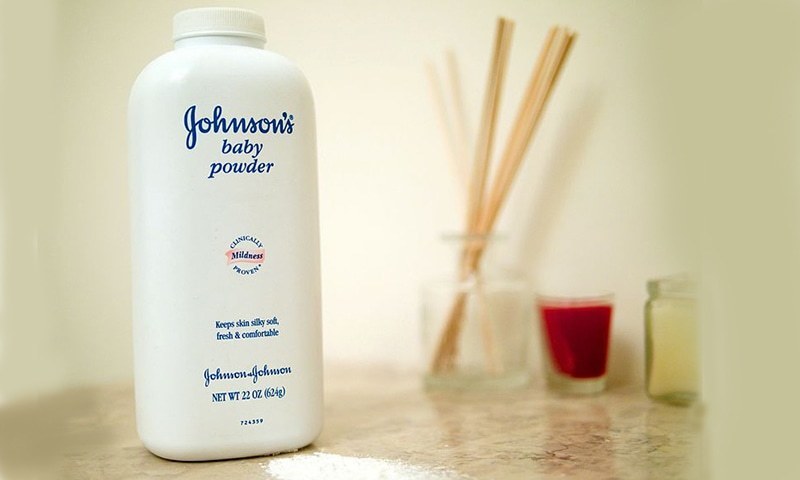Landmark Court Ruling Against Johnson & Johnson
A Los Angeles court has ordered global healthcare giant Johnson & Johnson (J&J) to pay nearly PKR 2.7 trillion (approximately $966 million) in damages. The ruling comes after the company’s talcum-based baby powder was found to contain harmful asbestos fibers, which were linked to cancer.
The case centers on 88-year-old Mae Moore, whose family filed a lawsuit in 2021. Moore passed away the same year from mesothelioma, a rare and aggressive form of cancer primarily associated with asbestos exposure. Her family alleged that J&J’s baby powder products contained dangerous particles that contributed directly to her illness and death.
Breakdown of the Verdict
The jury awarded the affected family $16 million in compensatory damages and an additional $950 million in punitive damages. Experts note that the total sum could be reduced on appeal, as US law generally limits punitive damages to prevent disproportionate financial penalties compared to compensatory awards.
The ruling marks one of the largest single awards in a product liability case against a major multinational company in recent years. Legal analysts say it may influence similar ongoing and future lawsuits against Johnson & Johnson in the United States and abroad.
Johnson & Johnson’s Response
J&J has strongly opposed the verdict. Eric Hos, the company’s global vice president, called the decision “unfair and unconstitutional” and announced an immediate appeal. The company maintains that the scientific evidence presented in court was misleading, emphasizing that their products do not contain harmful substances.
In 2020, J&J voluntarily stopped selling talc-based baby powder in the US, replacing it with cornstarch-based alternatives. Despite this change, the company still faces over 67,000 lawsuits, most of which relate to ovarian cancer claims linked to talcum powder.
Legal Challenges and Bankruptcy Attempts
Johnson & Johnson attempted to shield itself from lawsuits by filing for bankruptcy under a legal strategy known as the “Texas two-step.” However, US courts rejected the company’s strategy three times, ensuring that plaintiffs retain the right to pursue claims.
The company has experienced mixed outcomes in court. Some cases resulted in temporary victories, while others were overturned and ordered to be retried. Legal experts suggest that this ongoing litigation continues to pose reputational and financial risks for the company.
Reactions from Victims’ Families
The lawyer representing Mae Moore’s family welcomed the court’s decision. “It is time for Johnson & Johnson to acknowledge its mistakes and take responsibility for the countless lives affected,” he said.
Consumer safety advocates argue that this ruling could set a precedent for holding multinational corporations accountable for harmful products. It also highlights the importance of transparency and rigorous testing in consumer healthcare products.
Context: Talcum Powder and Health Risks
Talcum powder, a common ingredient in personal care products, has been linked in multiple studies to cancers including ovarian cancer and mesothelioma. Asbestos contamination in talc is particularly dangerous because asbestos fibers are known carcinogens.
Despite decades of safety claims, lawsuits against talc-based products have surged in recent years. Public awareness campaigns and legal settlements have forced companies to re-evaluate formulations and improve labeling to protect consumers.















